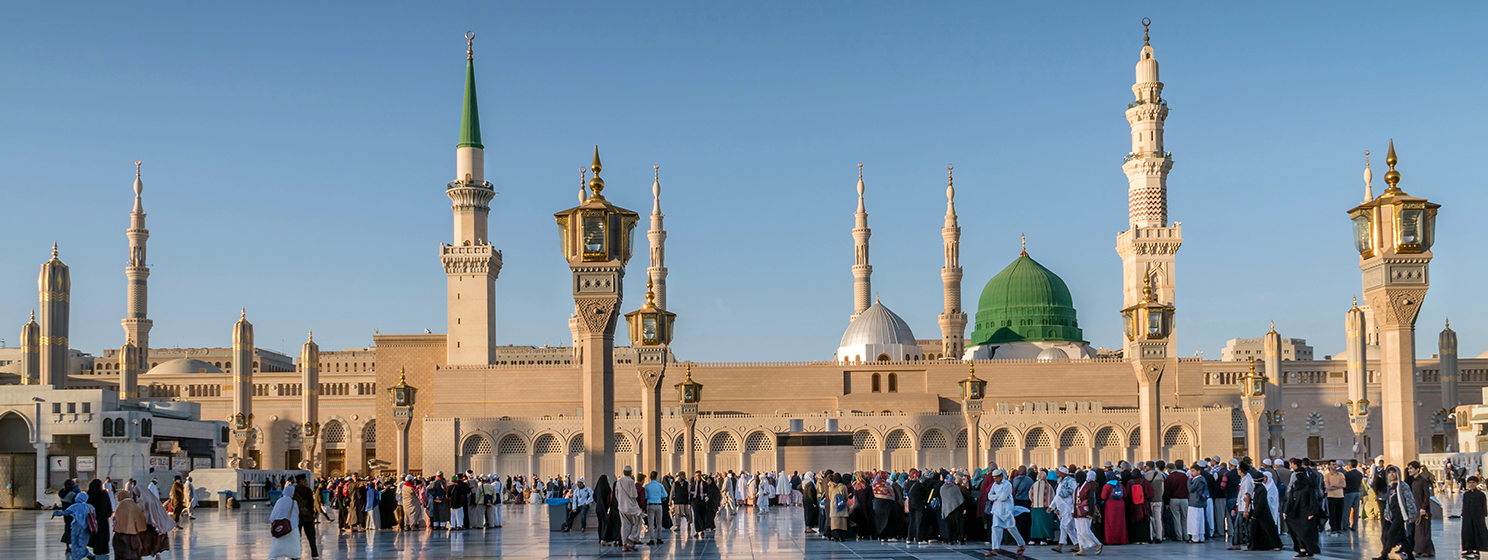|
Getting your Trinity Audio player ready...
|
As the digital revolution sweeps across the Middle East, a panel of experts has predicted that the construction sector in Saudi Arabia will undergo major upheavals in the coming years.
- Digitalization of Saudi’s construction industry
- Saudi Arabia’s digital transformation progress
- Morocco partners with Keiretsu Forum MENA
- Africa joins digital transformation trends
According to a report, the major drivers for the sweeping changes in Saudi Arabia’s construction sector are artificial intelligence (AI) and digital twins technology. Experts converged at the first Middle East Local Hub, organized by the ZIGURAT Institute of Technology, to exchange ideas on the future of construction in the region.
The event drew attendance from key stakeholders in architecture, engineering, and construction, with a significant number of participants also stemming from academia. Keynote speakers highlighted AI as a major mover for the sector, with participants sharing their tools and workflows.
Panel members noted that AI will improve efficiency in architectural and engineering processes, saving valuable man-hours and resources. Several speakers reiterated AI’s generative abilities and error-spotting capabilities in design before the start of the physical building process.
Despite the consensus on the benefits of AI for construction, several speakers noted that certain professional decisions should be made by experienced practitioners alone. Panelists engaged participants in discussions on the limits of automation and the importance of ethics in architecture, construction, and engineering.
Outside of AI, keynote speakers also highlighted the impact of metaverse technologies on construction processes, particularly through the use of digital twins. The experts enumerated a slew of benefits from digital twins technology, including the predictive maintenance functionality and energy efficiency perks.
Aware of the importance of emerging technologies, the experts urged stakeholders to update their skillset with new digital skills. For the speakers, a low-hanging fruit for sector players is an investment in Building Information Modelling (BIM), AI, blockchain, and digital twins.
“BIM is the skeleton, AI the brain, and Digital Twins the nervous system of the future of construction,” said Zigurat alumni Omar Dahan.
Saudi Arabia is at the bleeding edge of innovation
A bird’s-eye view of Saudi Arabia’s digitization reveals progress at a rapid pace, underscored by government policies and corporate enthusiasm. The Gulf nation has invested over $40 billion in AI as part of a bold attempt to diversify its oil-based economy, launching a nationwide training initiative for its citizens.
Meanwhile, 93% of firms in Saudi Arabia have indicated the presence of advanced strategies for AI integration. Outside AI, digital payments have reached an all-time high for Saudi Arabia, but steep fees are threatening to derail the country’s digital wallet adoption.Morocco inks deal for digital transformation with international investment network
Morocco is doubling down on its push toward national digital transformation with emerging technologies, with the latest milestone being a high-level strategic partnership with a global network of private investors.
The country has inked a deal with Keiretsu Forum Middle East and North Africa (MENA) to improve the local entrepreneurial ecosystem. Originating from Silicon Valley, the network of investors is eyeing new digital investment opportunities in Morocco, with a focus on AI, blockchain, and the Internet of Things (IoT).
Parties signed the strategic partnership at the Ministry of Digital Transition and Administration Reform in Rabat. Apart from triggering ecosystem growth, the collaboration aims to promote sustainable and inclusive development across all strata of Moroccan society, while encouraging mainstream value creation.
A community reading of the strategic partnership reveals several duties and obligations that the parties have. Both the Ministry and the Keiretsu Forum MENA will roll out nationwide initiatives to stimulate innovation and position Moroccan businesses to compete globally.
For starters, plans are in place to establish regular pitch days for local businesses to tap into Keiretsu’s global angel-investor network. Following a capital injection, Keiretsu Forum MENA will offer Moroccan businesses post-investment support and mentorship, providing sector-specific expertise.
A key part of the strategic partnership is the commitment to capacity building and training on emerging technologies. Furthermore, Keiretsu and the Ministry will collaborate on entrepreneurial training, revolving around funding, scaling, and cross-border expansion.
The partnership ties in with Morocco’s broader ambitions to digitize its economy by the end of the decade. Morocco is eyeing a 10% GDP boost by 2030 from a combination of AI and blockchain integrations in key sectors of the economy.
To streamline efforts, the government is turning to legislation and a raft of initiatives for its digitization push. Already, Morocco has achieved early wins from its digitization efforts, including an increase in digital payments and a significant decline in cash-based transactions.
The rest of North Africa joins the trend
Spurred by reports of Morocco’s early wins, several North African nations have unveiled digitization policies. Egypt is leading the way in the region with digital IDs, with plans for a central bank digital currency (CBDC) launch in 2030, gaining significant momentum.
Meanwhile, the World Economic Forum (WEF) has waded in to assist MENA countries in forging “intelligent economies” with next-gen technologies. The region is tipped to contribute a significant chunk to Africa’s $1.5 trillion digital payments market as virtual currency adoption reaches an all-time high.
Watch: AI is transforming anti-fraud measures in digital finance

 02-18-2026
02-18-2026 




